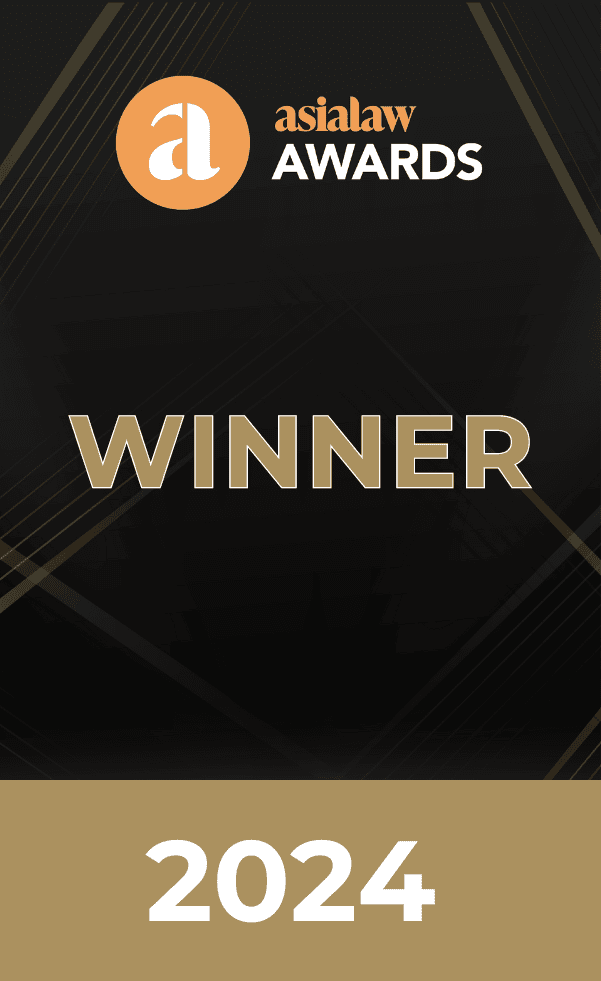Protecting your brand from parallel imports in Hong Kong
6 Avr 2020
Brand owners intending to sell their products worldwide often find the use of trademark an invaluable tool to maintain their brand integrity. Trademarks are territorial in nature, and thus applications must be filed in each country where protection is sought. In Hong Kong, trademarks are protected under the Trade Marks Ordinance (Cap. 559) (“TMO”) through registration.
Brand owners, however, may be disappointed by the fact that even successful registration of their trademarks may not give them exclusive rights to distribute their goods in Hong Kong when they see parallel-imported goods flood the market. In this article, we will explore whether and how the laws in Hong Kong can rescue the brand owners from this predicament.
Parallel imports and the exhaustion principle
Parallel imports (平行進口貨品/水貨) are no more than non-counterfeit goods which are legitimately manufactured and marketed abroad but then imported without authorisation. Parallel importation occurs when a product is not available at all in the place of importation, or when the unauthorized third parties want to take advantage of the price differential between difference places. In Hong Kong, the most commonly known examples of parallel-imported goods include cosmetics and electronic products.
While there has been no international consensus on whether parallel imports should be restricted, Hong Kong has adopted a relatively relaxed approach in relation to trademarked goods. Such an approach can ensure that traders are not unnecessarily deterred from sourcing their supplies, and that consumers could have access to the widest availability of goods at the best prices.
Section 20(1) of the TMO, embodying the doctrine of “international exhaustion”, thus provides an exception to a trademark infringement claim where the goods haven been put on the market anywhere in the world under that trademark by the trademark owner. This would usually mean that the trademark right is exhausted after the first authorized sale of the product (even if the first sale happens abroad). Consequently, the “international exhaustion rule” is sometimes referred to as the “first sale rule”.
The condition of the goods as a possible proviso & the law of passing off
On the other hand, section 20(2) of the TMO provides an exception to the international exhaustion rule where the condition of the parallel-imported goods “has changed or been impaired” after they have been put on the market anywhere in the world and where the reputation or distinctiveness of the trademark in question will be “adversely affected”. There is little case law on the interpretation of this provision and it is suggested that the proviso is only applicable when the parallel-imported goods have been physically tampered with. Defective or deteriorated goods are some obvious examples.
Alternatively, the common law tort of “passing off” may be considered as a useful supplement to other causes of action.
In the context of parallel imports, the most obvious case where passing off may be applicable is when it involves a trader mispresenting that the parallel-imported goods are “authorised products”, implying that they are imported through official dealers while this is not the case. In this instance, section 7 of the Trade Descriptions Ordinance (Cap. 362) may also be applicable as the trader may have committed the offence of false trade descriptions.
In contrast, passing off cannot apply if the trader includes adequate indication to alert consumers of the differences.
The use of copyright law
It is said that the primary purpose of trademark law is to enable consumers to identify the source or origin of goods, and therefore trademark law is not too concerned about parallel importation as long as it does not cause confusion to consumers. For brand owners who feel frustrated, they may turn to the regime of copyright law.
In Hong Kong, copyright is governed by the Copyright Ordinance (Cap. 528)(“CO”). To enjoy copyright protections, a work must be original (in the sense that it involves the author’s skill and labour) and be recorded in a material form. Unlike trademarks, copyright protection is automatic and there are no requirements for registration or other formalities.
After the amendments to the CO in 2007 relaxing some of the provisions regarding parallel imports, it is still copyright infringement for importing, selling or distributing parallel goods protected by copyright (except computer software products) without the consent of the copyright owner. It may therefore be a good strategy to embed even a small amount of copyrighted materials (including painting, drawings, etc.) into the product or its packaging to block third parties from importing parallel goods, especially where registered trademarks cannot render the same protection in view of the more relaxed approach under the TMO.
In some cases, parallel importers may also face criminal sanctions under the CO for infringing copyright.
Conclusion
Brand owners may not totally avoid parallel imports but they are strongly encouraged to develop and implement a coherent strategy to redress the problems created by them. Aside from trademark law, they can also look into other areas of law to build up their brand protection plan. If unfortunately you find your intellectual property rights infringed by any unauthorized persons, please don’t hesitate to contact any of us (at anna.chan@oln-law.com or martin.tse@oln-law.com) and we will be pleased to answer and assist.
Disclaimer: This article is for reference only. Nothing herein shall be construed as Hong Kong legal advice or any legal advice for that matter to any person. Oldham, Li & Nie shall not be held liable for any loss and/or damage incurred by any person acting as a result of the materials contained in this article.
Author(s)
Recent News

 Suite 503, 5/F, St. George's Building, 2 Ice House Street, Central, Hong Kong
Suite 503, 5/F, St. George's Building, 2 Ice House Street, Central, Hong Kong +852 2868 0696
+852 2868 0696
















